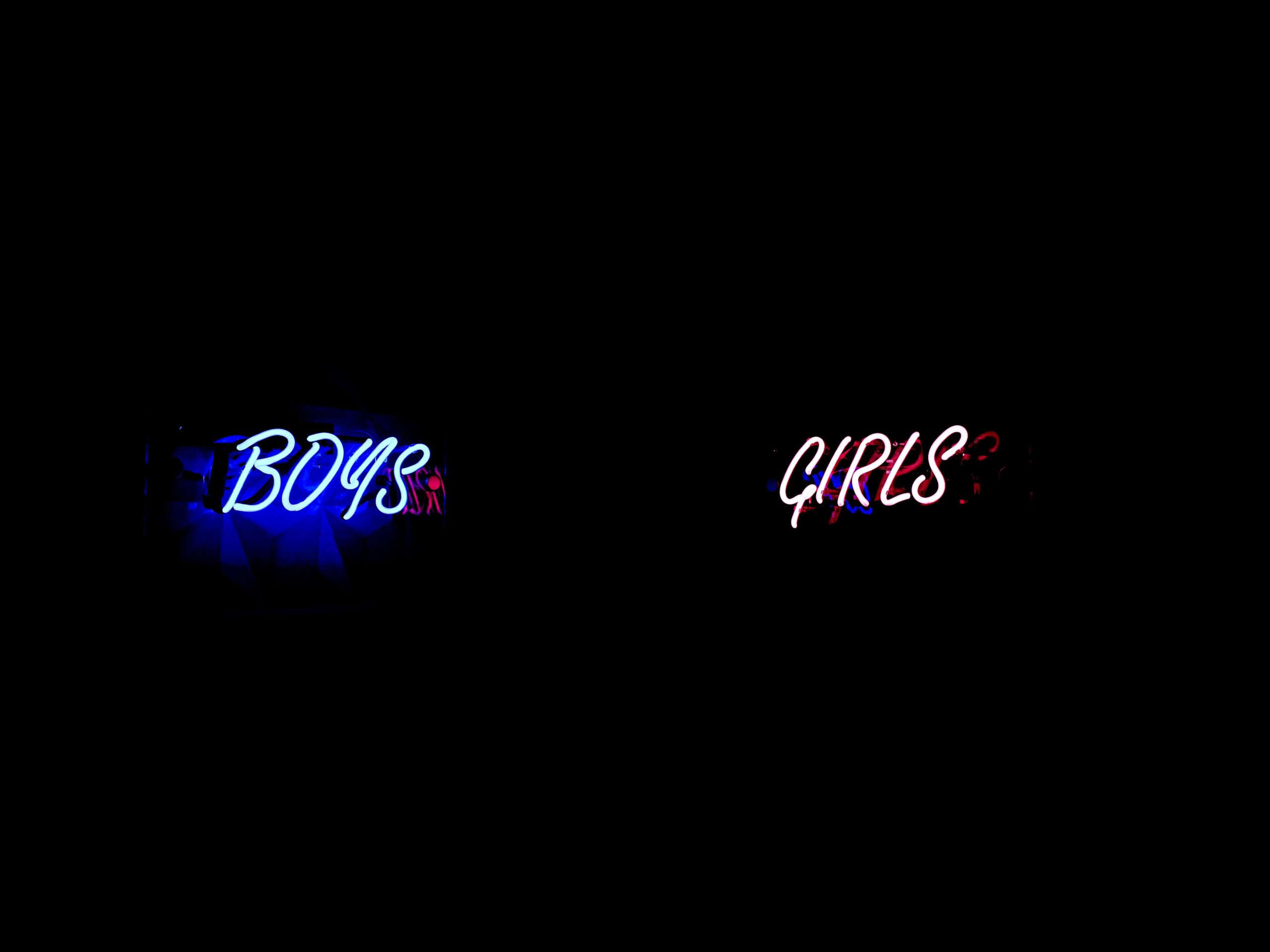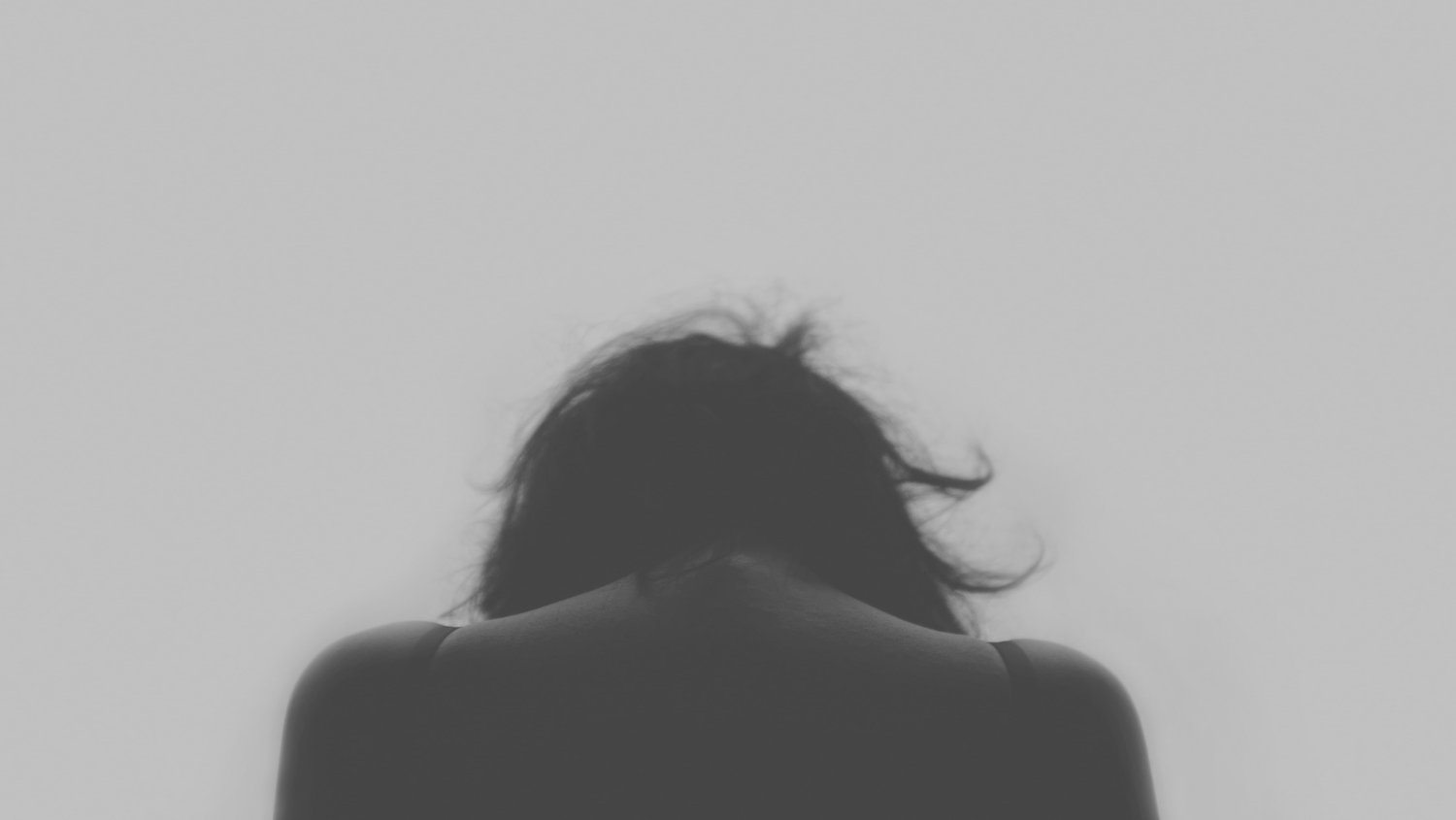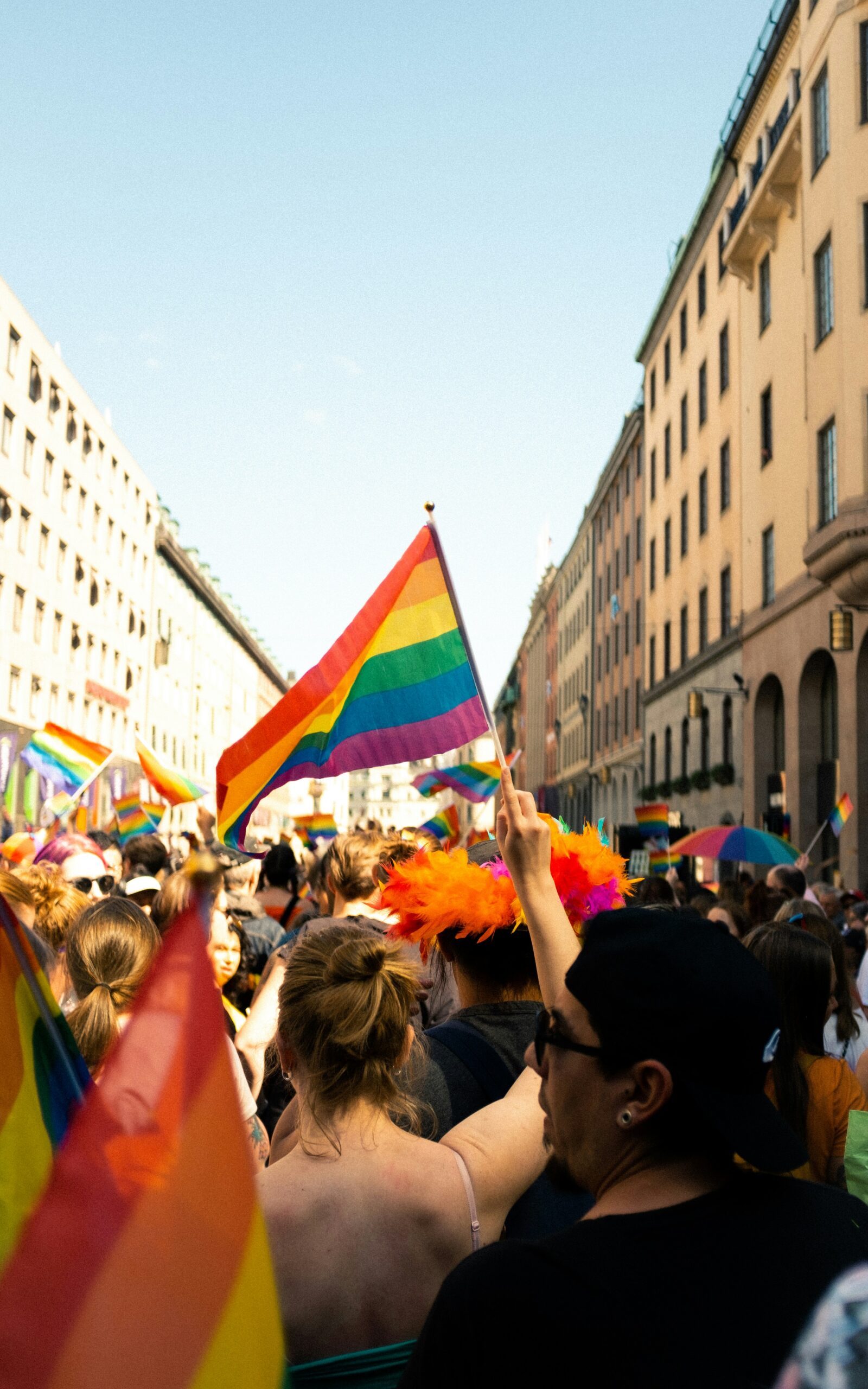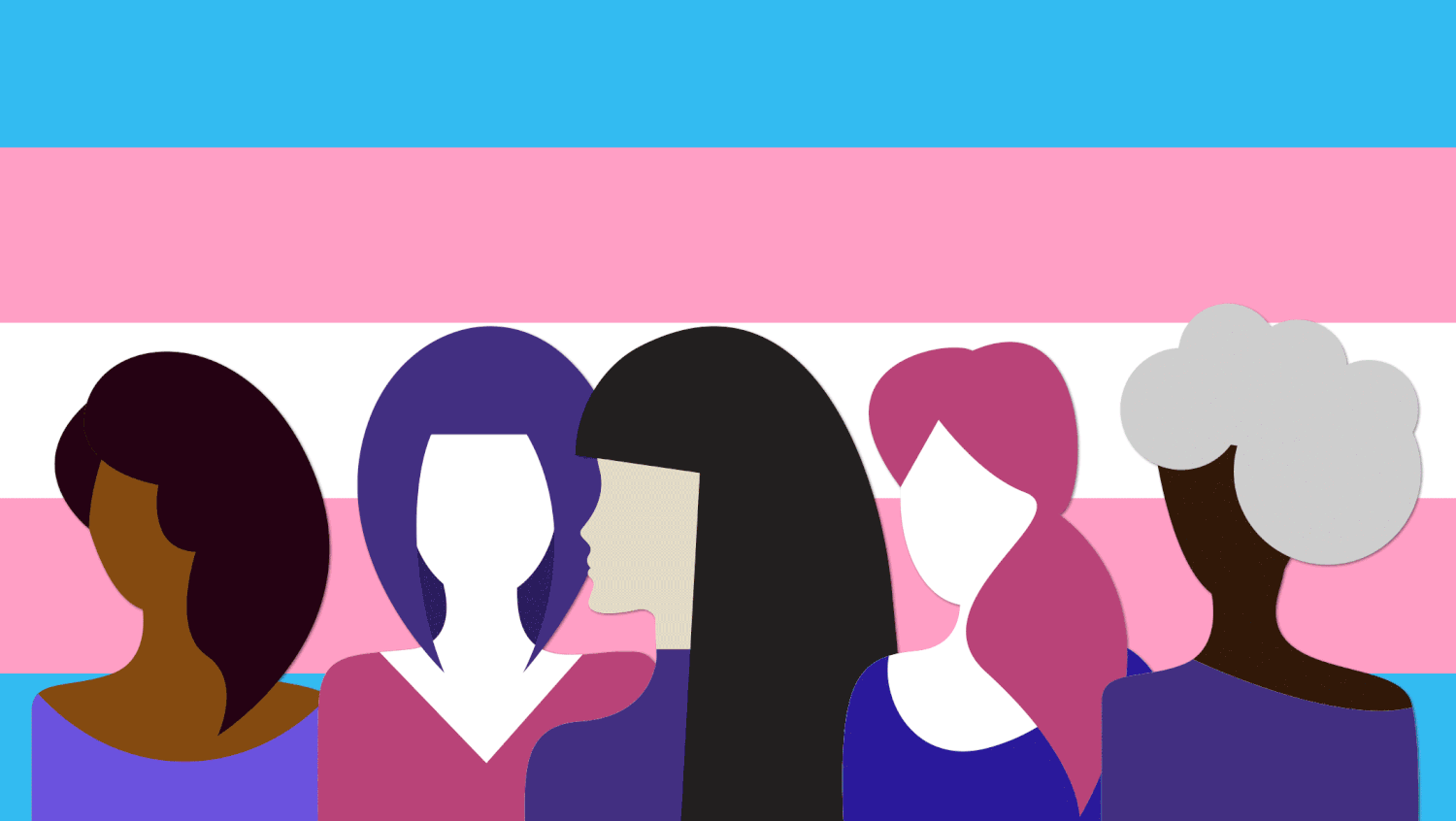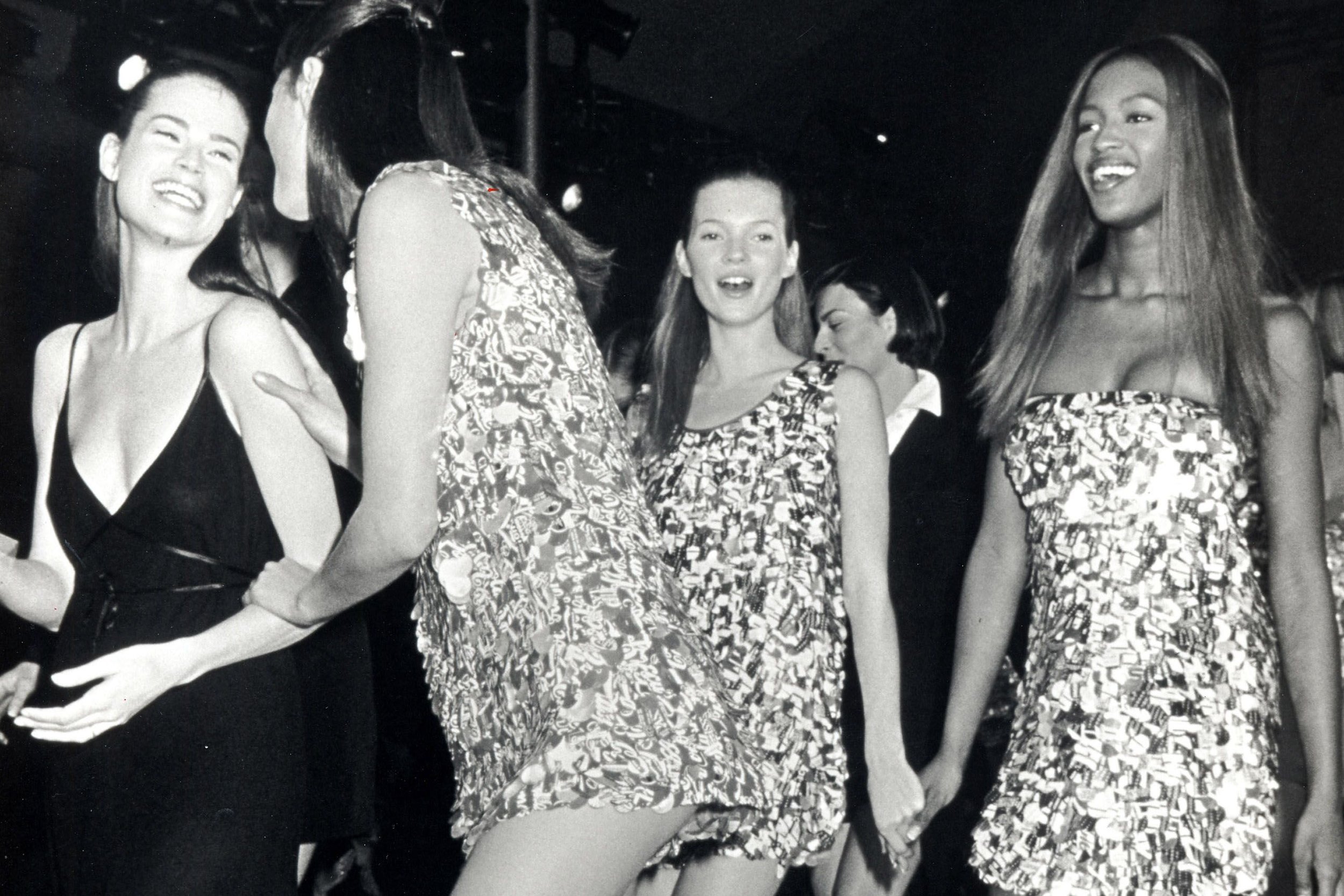
No, I refuse to let heroin chic be back
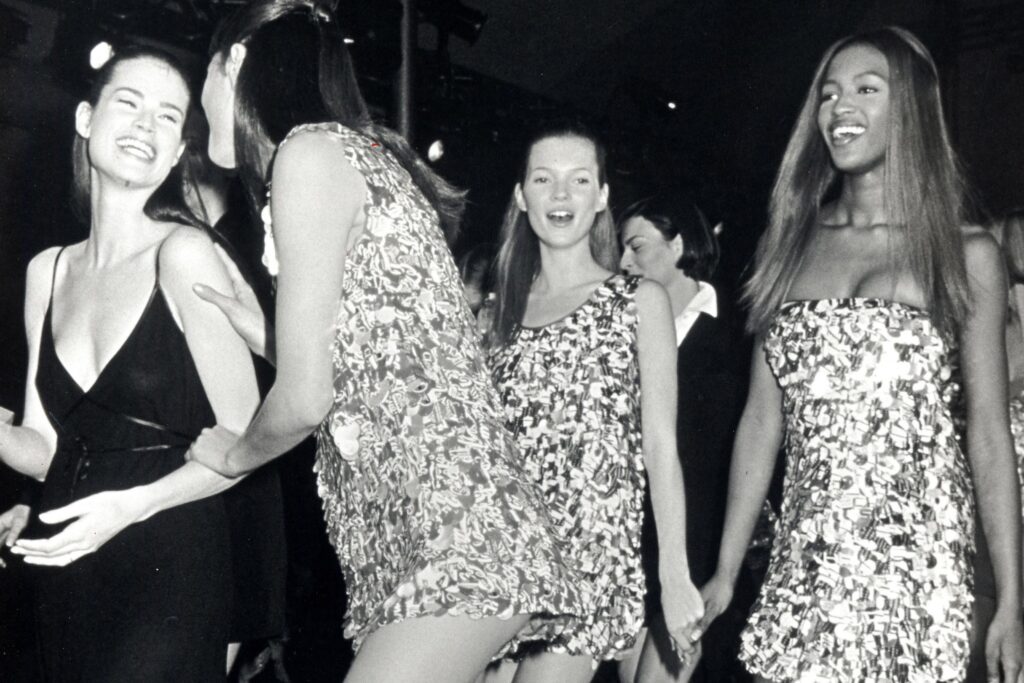
By, Connor Amor-Bendall
I woke up to pure rage on last Thursday.
Okay well it didn’t go quite like that, my day began as most do, stumbling to make a coffee and idly scrolling through my notifications from the night while I leant against the counter impatiently waiting for the kettle to reach its climax. It was a message in my group chat that sent a jolt of pure fury through my body – it was an article from the New York Post, titled “Bye-bye booty: Heroin chic is back.” You might call me melodramatic, but in that instant as I stared at the protruding hipbones of Bella Hadid in the accompanying image I felt the years of work women have fought to foster a culture of body positivity crumble.
Before I let my tirade of anti-patriarchal thoughts onto the page, I do have a disclaimer to add. I know this topic is tricky for women with naturally slender frames to navigate. That they in fact deal with an insidious type of body shaming – comments from other women rooted in jealousy, which stems from the disgusting competition society breeds between us women. This op-ed is not aimed at you, rather it is my tirade against the silent but oh so present patriarchal figures and institutions that continue to control a narrative against women’s bodies, robbing us of our autonomy.
You might have guessed by now, that I’ve suffered from an eating disorder (E.D) – hence my blood boiling rage to witness the revitalisation of the 90s ‘heroin chic’ era. Bulimia was my vice of choice, mainly because I always lacked the self-control to completely restrict food and fit the anorexia bill but believe me, I tried my hardest to. My relationship with my body and food began to go awry at a young age, if I ponder the past there are layers of reasons for this.
Firstly, I was a dancer, I spent every afternoon and most weekends in leotards and sheer stockings, staring at the reflection of my young body in the mirror, comparing it to every other pastel-clad girl next to me. Dancing and E.Ds have for too long gone hand in hand. I remember teachers laddering their stockings with their acrylic nails as they dug their fingers into the excess of my thighs. Secondly, and perhaps more importantly, I grew up in the era of G-strings peeking out of low-cut jeans, Shakira’s abs adorning MTV and a younger, less outspoken Bad Gal Riri.
Throughout my formative teenage years, trends around women’s bodies seemed to finally be turning in our favour. The Kardashians celebrated curvaceousness, butts were in, and thick thighs became a straight up vibe. Yet as the New York Post not so subtly stated – the 90s are back, parachute pants, black coffee, restricting calories and all. Even Kim and Khloé have been looking waif-like recently. A recent episode of Kardashians revealed Kim’s hellbent obsession to lose weight and fit into Marylin Munroe’s dress for the Met Gala, dropping 16 pounds (7.25 kgs) to do so.
Trends like ‘heroin chic’ that dictate cultural expectations for women’s bodies should not be taken lightly when the outcomes are deadly. The stats paint a grim picture. An estimated 103,000 kiwis suffer from an E.D, which are second only to opioid overdose as the deadliest mental illnesses. Of those, 10% will die within ten years, and 26% of people will attempt suicide.
Let’s talk about some of the ugly side effects of E.Ds. Anxiety. Depression. Social introversion. Hanging out with people is dangerous when most get-togethers involve food. Changing your routine brings on intense bouts of anxiety, as without complete control you can’t monitor the intake and burning of every single fucking calorie.
Relationships suffer. When you are starving yourself and living in a constant state of ketosis, you’re generally not a very nice person to be around. I was exhausted, irritable, irrational, deeply sad and angry. EDs are not a solo battle, your family and friends suffer immensely.
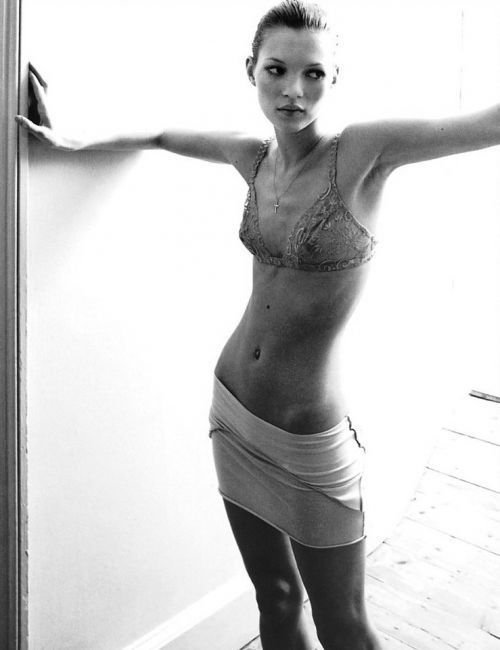
Bad teeth are the bulimics unforeseen plight. Years of willing my stomach acid back up my throat has completely eroded the enamel of my teeth. I’m a floss-twice, brush-three-times-a-day, get-a-professional-clean-every-six-months kind of girl now, yet my teeth are as my dentist kindly said, “like chalk encased in enamel as strong as an MnM casing.”
Once you’ve succumbed to the scorpions in your mind that control and manipulate your relationship with food it is incredibly hard to go back. Recovery is never linear, it is fraught with relapses, and dark thoughts of despair for your healthy new body. In my case, and the same goes for many women I know who have suffered, you never truly get over your E.D.
Yes, I am not bulimic anymore, I don’t count calories now, I eat butter and bread, God, I’ll have milk in my coffee again – but there are still days when my hatred for my healthy body renders me too overwhelmed to leave my house. There are times when I yearn for my dark days, despite the depression and neuroticism that hung over me.
About a year into my recovery, my mother (a lawyer who has spent her whole career battling against the entrenched patriarchy in the legal industry) gave me some advice I’ll never forget. “Don’t fall for this honey, I’ve spent so many years of my life fixating on how look. That energy could have been directed into my life, my family, my career,” she said. “Look around you, no male leader spends a quarter of the time as women do obsessing about their bodies”.

Those words hit me deep, for there was an intrinsic truth to them, the controlling narrative of how a women should look is a form of subjugation. We are told to make ourselves smaller, take up less space, be petite, feminine and dainty. The very nature of these qualities is in stark contrast to powerful, strong, loud, and resolute. The fabric of a society that implores women to be small is a society rife with patriarchy. In fact, I would go so far as to say that that an emphasis on skinniness subverts indigenous and pacific bodies, particularly in the Aotearoa context.
Femininity itself feels tenuous. Female athletes still deal with incorrigible hatred for their athletic physiques. A BBC Sport survey found that 30 % of sportswomen have been trolled online for their bodies. Being strong risks can the label of being butch. The number of fucking times I have heard mothers make comments such as “oh I would never let my girl swim competitively, those women have such big shoulders,” drives me up the goddamn wall.
The statement “heroin chic is back” feels like a smarmy fuck you to the emancipation and equality generations of women have fought for. Michele Obama’s guns don’t fit the heroin bill, nor do Megan Thee Stallions impeccable thighs or Serena Williams chiselled body. Kate moss does, an emancipated Angelina Jolie and Winona Ryder in Girl interrupted do.
I refuse to go back there, to watch women around me succumb to the expectations to take up less space.
Heroin chic is not back if we make enough noise.
Related Posts
The Orgasm Gap: It’s time to rethink intercourse
It's time to get serious about how we approach the growing orgasm gap
New Zealand’s Budget Falls Short on Mental Health Funding Commitments
no new funding has been allocated amid the country's growing mental health crisis.
Saving my ex-boyfriends life was my biggest regret
Guest writer Kendra Taylor explores her biggest regret
How Depression and Anxiety could be manifesting in lesser known ways
Know the signs, and know when to ask for help
Pride Month: A Brief History
How did Pride Month originate, and what has it evolved into today?
Transphobia: The growing cause of declining mental health
To the surprise of no one, transphobia is damaging to mental health
The Orgasm Gap: It’s time to rethink intercourse
It's time to get serious about how we approach the growing orgasm gap
New Zealand’s Budget Falls Short on Mental Health Funding Commitments
no new funding has been allocated amid the country's growing mental health crisis.


